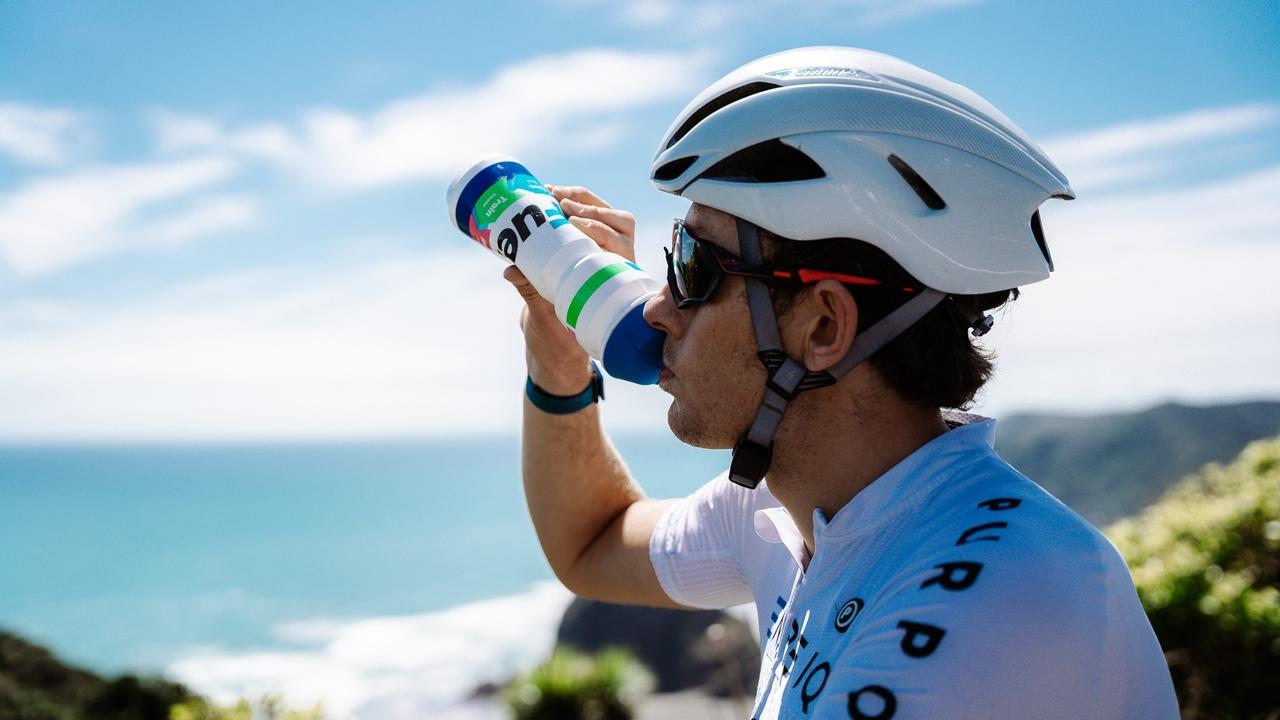Pre-exercise nutrition: What do we know and how should we use it?

-Dr Dan Plews
All endurance athletes eat, and all endurance athletes train. Whether consciously or not, all endurance athletes therefore have to make decisions about what they eat (or don’t eat) before training. Pre-exercise nutrition has the potential to impact the substrates we utilize to fuel training (i.e. fats and carbohydrates), our performance in training (i.e. the watts or pace we put out), and also our adaptive responses to the training stimulus (1, 2).
Pre-exercise nutrition is therefore a fascinating and highly relevant area of study in sports science. Recently, my PhD student Jeff Rothschild, AUT Professor Andrew Kilding and myself published a large review of the effects of pre-exercise nutrition on a range of metabolic and physiological responses in the open-access journal Nutrients (3). We pooled the results of 125 studies, which included data from 1245 athletes (~13% females) to assess the effects of pre-exercise carbohydrate (CHO) ingestion and pre-exercise muscle glycogen availability on substrate metabolism during exercise, and activation of the key molecular energy sensor AMPK. AMPK is a protein housed in muscle cells that has strong links to endurance training adaptations. This term will be no stranger to those of you have completed our online course LDT102: Training Program Fundamentals for Long Distance Triathlon. We paid particular attention to RER - which is a metric derived from respiratory gas analysis during exercise that provides indication of what substrates are being oxidized to fuel metabolism; specifically, a lower RER indicates greater fat and lower CHO oxidation.
Here is a summary of our main findings:
- RER decreases with increasing exercise duration (which indicates rising fat oxidation and reducing CHO oxidation at a given intensity as exercise is prolonged), and this effect is consistent with fed and fasted exercise; however, when starting exercise with low muscle glycogen, RER is lower and more stable throughout exercise (i.e. fat oxidation is high from the beginning!)
- When assessing the effect of low vs. high muscle glycogen on RER, differences were much larger when the difference in initial glycogen availability was larger (r = 0.89); thus, low glycogen training seems to increase fat oxidation during training in a manner proportional to how low the glycogen actually was.
- Fasted training reduces RER and increases fat oxidation, although the effects of fasting prior to exercise on substrate metabolism are more pronounced at lower vs. higher exercise intensities.
- Ingesting CHO before lower intensity exercise may dampen AMPK activity, but this effect is less likely to be seen at high intensities.
- There are not very many studies assessing the effect of pre-exercise nutrition on training adaptation in endurance athletes, so this is a key area for future research
We ended the review with a flow-chart that indicates how this information can be used to make day-to-day training decisions, with specific approaches recommended dependent on the specific goal of the training session. This last point, that pre-exercise nutrition should vary according to the goals of the session, is really important, and often overlooked.
We can use the findings of this review to make decisions regarding the optimal pre-exercise nutrition strategy for training sessions focused on maximizing fat oxidation, cell signaling responses, or aerobic capacity and performance during training, and alter these strategies in accordance with the duration and intensity of the session and starting muscle glycogen concentration.
To receive a copy of the flow-chart, fill in your details below. It’s the perfect print off for the fridge door!
References
- Hargreaves M, Spriet LL. Skeletal muscle energy metabolism during exercise. Nat Metab 2: 817–828, 2020.
- Hawley JA, Lundby C, Cotter JD, Burke LM. Maximizing cellular adaptation to endurance exercise in skeletal muscle. Cell Metab 27: 962–976, 2018.
- Rothschild JA, Kilding AE, Plews DJ. What should I eat before exercise? Pre-exercise nutrition and the response to endurance exercise: Current prospective and future Directions. Nutrients 12: 3473, 2020.
JOIN THE SQUAD
Take charge of your performance with proven training programs and workouts, adjustable to your needs, in the Endure IQ Training Squad.
LIMITED OFFER
